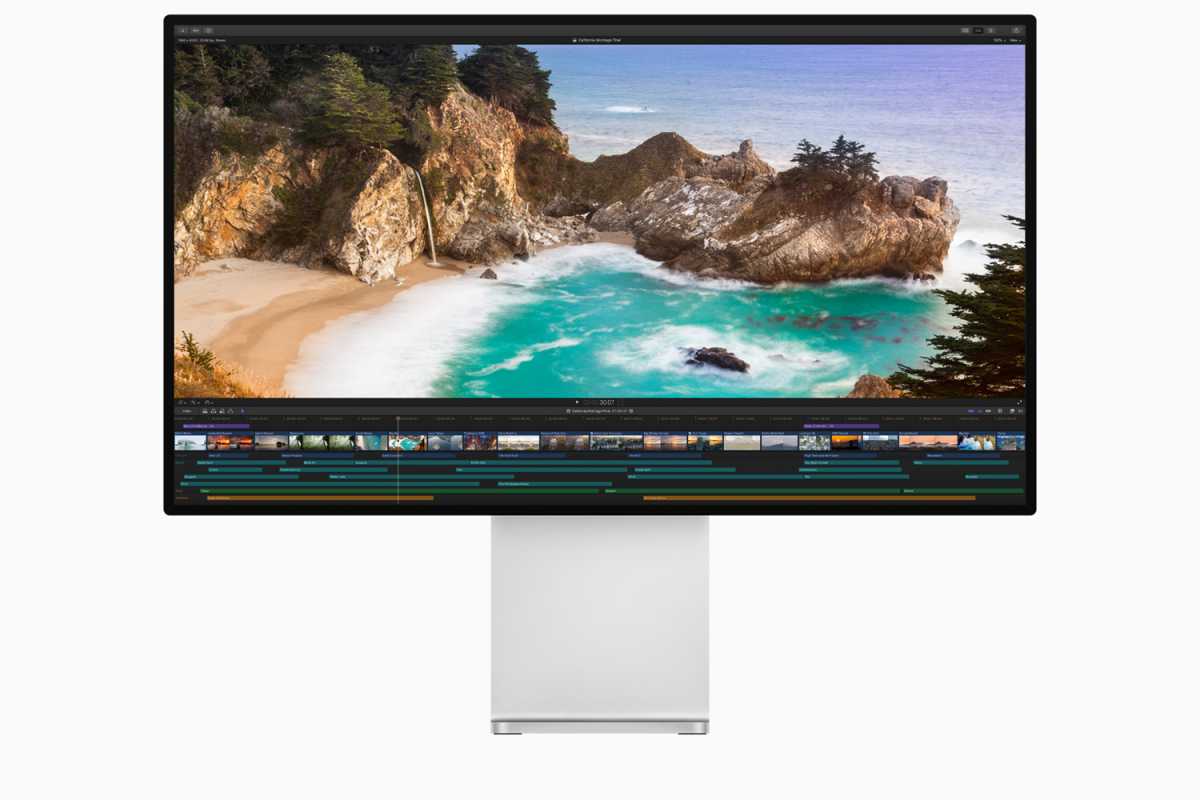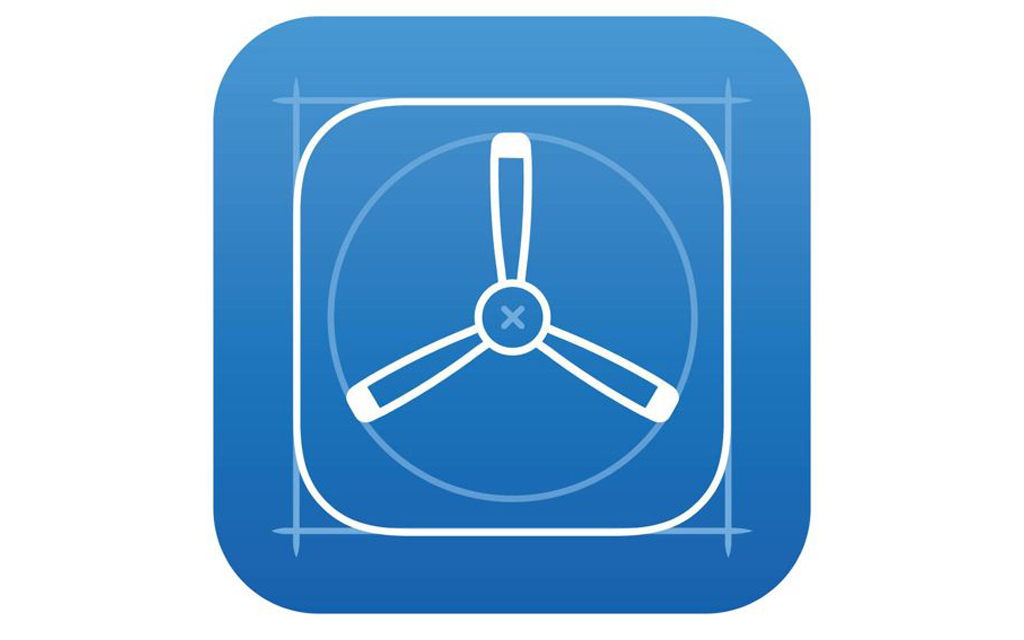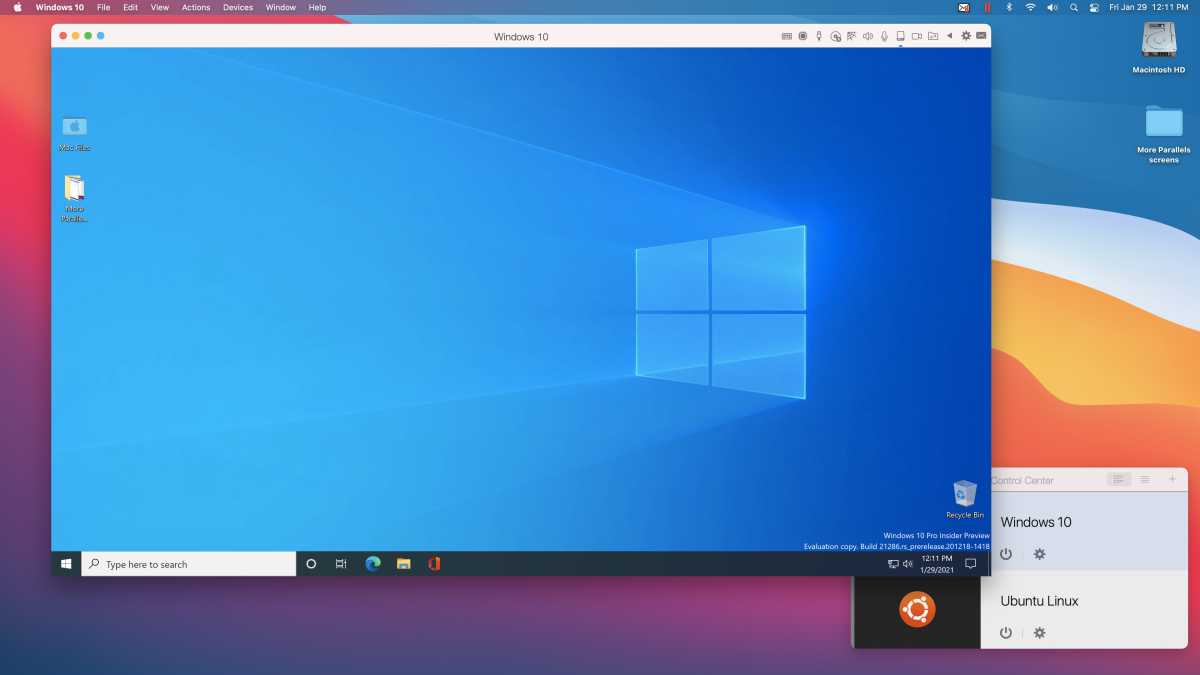Ah, the week before Apple’s annual developer conference. This is when all our dreams of possible directions for the future of Apple’s platforms seem the most alive, before crashing hard against the shores of reality during Monday’s announcements. The WWDC keynote is when Apple sets out its agenda for its platforms for the following year. If your favorite feature is in, it’s going to be a good year. If it’s not mentioned, it’s likely you’ll be spending at least a year in the wilderness, if not longer.
At the risk of walking away from next week with a whole satchel full of sadness, here’s what’s on my Mac and macOS wishlist for WWDC 2021.
New chips, laptops, and more
WWDC is fundamentally a software-themed event, and yet Apple often also uses it as a launchpad for new hardware, especially hardware that appeals to perhaps Apple’s most important class of professional users–the software developers at whom WWDC is primarily focused.
While we’re well into the Apple silicon transition, and the M1 processor has been remarkably well-received, it’s being used in Macs not targeted at pro-level users. The implication is that there’s another chip yet to come that will provide the level of performances that pro users will desire. WWDC might be the perfect time to unveil that second Apple-designed Mac chip. (My guess: an M1X processor, based on the same technology as the A14 and M1 chips, but with even more processor cores.)
And what better computers to use that higher-power processor than new versions of the MacBook Pro? Though it seems like asking a lot, both the high-end 13-inch MacBook Pro and the 16-inch MacBook Pro are still on Intel processors–and would benefit greatly from a move to Apple silicon. Rumors about that perhaps the 13-inch model will get a redesign similar to the 16-inch model’s introduction in late 2019, bringing it up to 14 inches. Perhaps it’s time for a Mac laptop to get built-in cellular networking, as well? I hear 5G is pretty swell.
 https://www.macworld.com/wp-content/uploads/2021/06/apple-pro-display-xdr.jpg?resize=300%2C200&quality=50&strip=all 300w, https://www.macworld.com/wp-content/uploads/2021/06/apple-pro-display-xdr.jpg?resize=768%2C512&quality=50&strip=all 768w, https://www.macworld.com/wp-content/uploads/2021/06/apple-pro-display-xdr.jpg?resize=1200%2C800&quality=50&strip=all 1200w, https://www.macworld.com/wp-content/uploads/2021/06/apple-pro-display-xdr.jpg?resize=1240%2C826&quality=50&strip=all 1240w, https://www.macworld.com/wp-content/uploads/2021/06/apple-pro-display-xdr.jpg?resize=150%2C100&quality=50&strip=all 150w" sizes="(max-width: 1500px) 100vw, 1500px" />
https://www.macworld.com/wp-content/uploads/2021/06/apple-pro-display-xdr.jpg?resize=300%2C200&quality=50&strip=all 300w, https://www.macworld.com/wp-content/uploads/2021/06/apple-pro-display-xdr.jpg?resize=768%2C512&quality=50&strip=all 768w, https://www.macworld.com/wp-content/uploads/2021/06/apple-pro-display-xdr.jpg?resize=1200%2C800&quality=50&strip=all 1200w, https://www.macworld.com/wp-content/uploads/2021/06/apple-pro-display-xdr.jpg?resize=1240%2C826&quality=50&strip=all 1240w, https://www.macworld.com/wp-content/uploads/2021/06/apple-pro-display-xdr.jpg?resize=150%2C100&quality=50&strip=all 150w" sizes="(max-width: 1500px) 100vw, 1500px" />Apple
I know this for sure: if WWDC was still being held in a convention center, there would be no greater crowd pleaser for thousands of Apple developers than new high-end laptops. Except, perhaps, for a relatively affordable Apple external display to attach to those laptops. C’mon, Apple, isn’t it time to sell a display that brings some of the Pro Display XDR style to the masses who won’t spend $6,000 for a monitor?
Some more influence from iPadOS
I’d like to see the next version of macOS continue to pick up features and apps from iPadOS. Last year, Big Sur arrived with Control Center, an iPad- and iPhone-inspired feature that has an awful lot of potential. I’d like to see Apple continue to expand Control Center and allow third-party apps to access it, as well.
Apple needs to keep improving Mac Catalyst, the technology that developers can use to turn iPad apps into native Mac apps. The best way to force those improvements is for Apple to bring its own apps from iOS to macOS, so I’m hoping to see a few more Apple iPad apps arrive on the Mac. (Is this the year Mail and Calendar make the move? Only if they get a major overhaul to make the iPad source app more powerful.)
One feature that the Mac desperately needs from iPadOS is, believe it or not, Shortcuts. I’ve written elsewhere about this, but essentially it’s easier for me to create automations for many tasks on iOS than it is on macOS—and it shouldn’t be that way. Shortcuts fulfills the promise of Automator in ways that Automator never did, and while it’s got a lot of room to grow, it’s clearly the future of automation on Apple’s platforms. Add in actions that can run AppleScript, Automator workflows, and shell scripts, and we’ll really have something.
Speaking of apps that I want on my Mac: It’s remarkably easy to beta-test new apps using TestFlight, an app owned and operated by Apple itself. In contrast, beta-testing Mac apps can be slow and painful. TestFlight makes it easy–and developers would cheer if it arrived on the Mac.
 https://www.macworld.com/wp-content/uploads/2021/06/test-flight-ios-icon.jpg?resize=300%2C188&quality=50&strip=all 300w, https://www.macworld.com/wp-content/uploads/2021/06/test-flight-ios-icon.jpg?resize=768%2C480&quality=50&strip=all 768w" sizes="(max-width: 1024px) 100vw, 1024px" />
https://www.macworld.com/wp-content/uploads/2021/06/test-flight-ios-icon.jpg?resize=300%2C188&quality=50&strip=all 300w, https://www.macworld.com/wp-content/uploads/2021/06/test-flight-ios-icon.jpg?resize=768%2C480&quality=50&strip=all 768w" sizes="(max-width: 1024px) 100vw, 1024px" />A Mac version of Test Flight we be very nice.
Apple
A couple of years ago, Apple added Sidecar to macOS, allowing a Mac to extend its display to a nearby iPad. I’d like to see Apple extend this feature to allow pretty much any Apple device to drive the display of other Apple devices. Consider using a big, beautiful iMac screen as a display for a Mac mini, or a MacBook Pro, or an iPad Pro.
More Apple silicon benefits
The first M1 Macs introduced the idea of running native iOS apps directly on the Mac. I’d like to see this feature move to another level. Right now, the iPad apps I’d most like to run on my Mac aren’t available–their developers have opted them out of use on the Mac. Apple can’t force them back in, but I’m hoping it might make the opportunity to run apps on the Mac a bit more enticing in some way. This feature’s no good if no developer wants to take advantage of it.
Similarly, I’d like to see the ability to run iPhone apps on macOS. Yes, they’re small, but so what? Let’s run iPhone apps–either via Catalyst or directly from the iOS App Store–and expand the library of Mac apps that much more.
 https://www.macworld.com/wp-content/uploads/2021/06/windows-10-on-M1-mac-mini.jpg?resize=300%2C168&quality=50&strip=all 300w, https://www.macworld.com/wp-content/uploads/2021/06/windows-10-on-M1-mac-mini.jpg?resize=768%2C432&quality=50&strip=all 768w, https://www.macworld.com/wp-content/uploads/2021/06/windows-10-on-M1-mac-mini.jpg?resize=1200%2C675&quality=50&strip=all 1200w, https://www.macworld.com/wp-content/uploads/2021/06/windows-10-on-M1-mac-mini.jpg?resize=1536%2C864&quality=50&strip=all 1536w, https://www.macworld.com/wp-content/uploads/2021/06/windows-10-on-M1-mac-mini.jpg?resize=2048%2C1152&quality=50&strip=all 2048w, https://www.macworld.com/wp-content/uploads/2021/06/windows-10-on-M1-mac-mini.jpg?resize=1240%2C697&quality=50&strip=all 1240w, https://www.macworld.com/wp-content/uploads/2021/06/windows-10-on-M1-mac-mini.jpg?resize=150%2C84&quality=50&strip=all 150w" sizes="(max-width: 3840px) 100vw, 3840px" />
https://www.macworld.com/wp-content/uploads/2021/06/windows-10-on-M1-mac-mini.jpg?resize=300%2C168&quality=50&strip=all 300w, https://www.macworld.com/wp-content/uploads/2021/06/windows-10-on-M1-mac-mini.jpg?resize=768%2C432&quality=50&strip=all 768w, https://www.macworld.com/wp-content/uploads/2021/06/windows-10-on-M1-mac-mini.jpg?resize=1200%2C675&quality=50&strip=all 1200w, https://www.macworld.com/wp-content/uploads/2021/06/windows-10-on-M1-mac-mini.jpg?resize=1536%2C864&quality=50&strip=all 1536w, https://www.macworld.com/wp-content/uploads/2021/06/windows-10-on-M1-mac-mini.jpg?resize=2048%2C1152&quality=50&strip=all 2048w, https://www.macworld.com/wp-content/uploads/2021/06/windows-10-on-M1-mac-mini.jpg?resize=1240%2C697&quality=50&strip=all 1240w, https://www.macworld.com/wp-content/uploads/2021/06/windows-10-on-M1-mac-mini.jpg?resize=150%2C84&quality=50&strip=all 150w" sizes="(max-width: 3840px) 100vw, 3840px" />We’re all waiting for Apple and Microsoft to speak offically about Windows for ARM support on Apple silicon.
IDG
And then there’s Microsoft. For the last year, Apple and Microsoft have been playing a very strange game regarding running Windows on Apple silicon. It’s theoretically possible, and some people have figured out ways to make it work, but it’s all been weird and unofficial. I’d like to see someone from Microsoft appear on Apple’s virtual stage to explain that Windows for ARM will run on Apple silicon, even if it’s just in a virtual environment. Support for Boot Camp would be even better but seems a lot less likely.
Keep it simple
I know it’s pretty rich for me to conclude a long list of demands by making this point, but I’m serious: The single most important addition to macOS this fall should be a focus on stability and reliability. In recent years, Apple’s been on a tick-tock approach for software updates, with a year of cataclysmic bugginess followed by a year of relative calm.
With the arrival of Apple silicon, this has been a pretty busy year—and that’s after a very rough year caused by the appearance of macOS Catalina. We could all use a break. While I’d love Apple to add some of the features and functionality I’ve listed here, I want the company to err on the side of caution. Bring me new Mac hardware and a few nice new features, but in general, I’d like a not-particularly ambitious macOS update that allows things to settle as we all prepare to make the move to Apple silicon.





